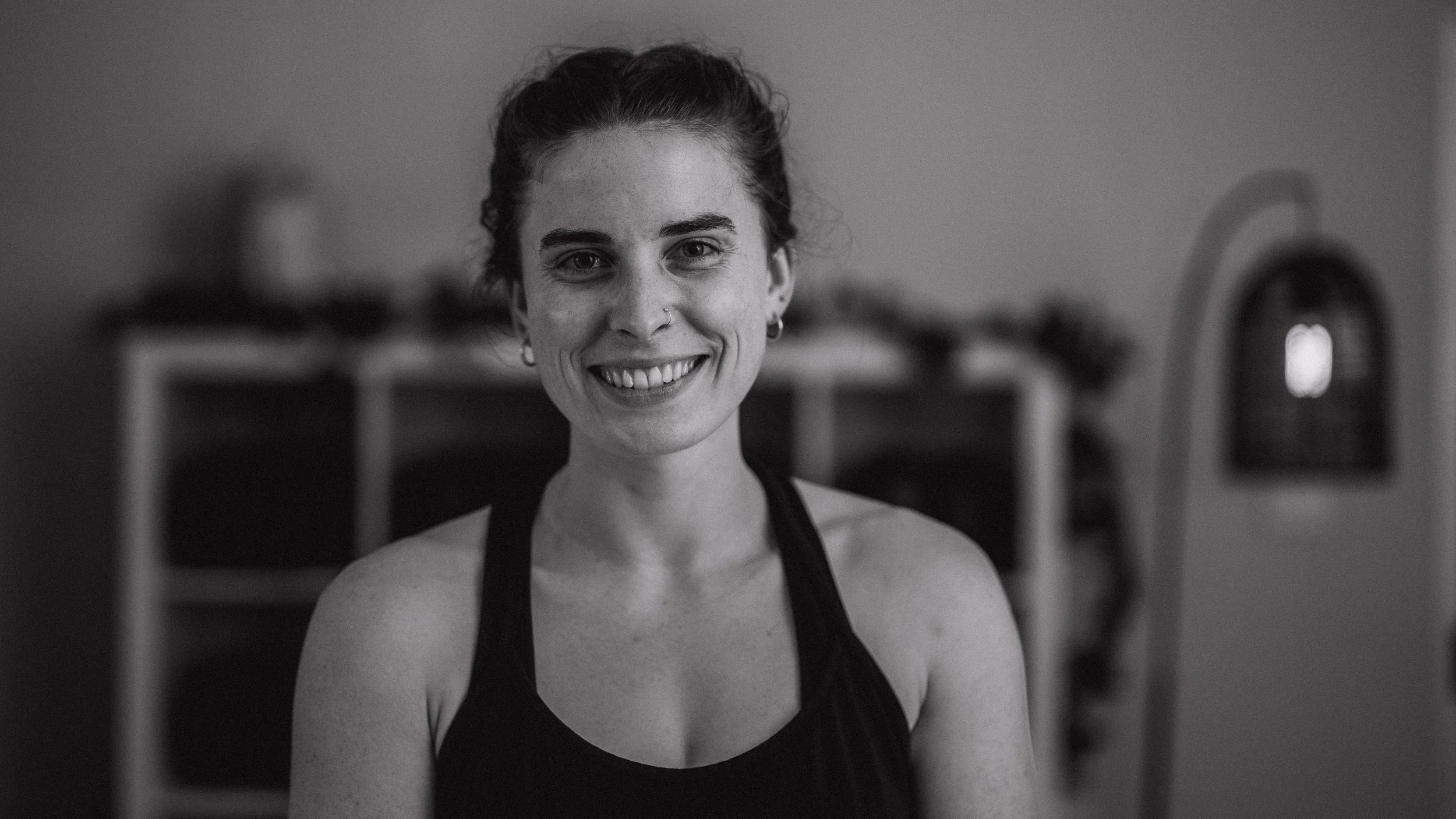Confronting Sexist Stereotypes Gets You More Than The Right to Vote
Opinion Piece by Jade Hurley
In Australia, the yoke of sexism has been thrown off and women everywhere celebrate their hard-won equality by exercising their ability to vote and drive unaccompanied. We can now make our own money, buy our own property and build empires in our own right. The time of second-class citizenship is over! And yet…one woman is murdered every nine days by her current or former partner in Australia (Bricknell, 2023).
Due to this harrowing reality, it is evident that the more coercive stereotypes of the female gender role still permeate our society. You know them well. They are putting others' needs first, avoiding conflict in relationships, being vessels of sexual pleasure (Watson et. al, 2016), and, by opposites, being everything a man is not: which is inconsistent, irrational, passive and dumb (Eaton et. al, 2017). According to research, the moment this female gender role is activated, a female instantly becomes vulnerable and persuaded away from her own thinking and feeling (Eaton et. al, 2017). In terms of coercive violence, this is very dangerous.
For example, in moments of sexual violence, this gender role can be activated through phrases such as, “Don’t be a tease” or “It was just a joke!” This is enough to remind you that you are a passive, avoidant female prone to hysteria and you probably said yes at some point so you better just acquiesce. Even just the looming size of a man compared to the, on average, smaller size of a woman activates the female gender role of no self-agency– you can’t do anything about it. You are persuaded by these coercive stereotype messages to make yourself smaller and not worth standing up for (Eaton et, al, 2017).
You may think this is ridiculous. You wouldn’t be so easily persuaded away from what you believe to be acceptable behaviour (like don’t grope my ass in the elevator Mr. Collegue!). However, there is a high correlation between adhering to “traditional” gender roles and self-silencing in moments of violence (Watson et. al, 2016). It has been found that women are more likely to confront and report non-sexist incidents than sexist ones (Swim et al, 2016). Confronting and reporting sexist stereotypes is harder than confronting other types of female gender stereotypes (like competency) probably due to the added layer of coercive stereotyping.
Tinsley et. al (2021) investigated this by conducting mock sexual assault trials under experimental conditions to uncover the extent sexual assault myths impact the jurors' reasoning. They conducted a 50-question interview with 121 jurors over 18 sexual assault trials. Of the trials, all had a male defendant, four involved child sexual abuse charges, five involved ongoing sexual relationships between the defendant and the complainant, and none of the defendants had been strangers to the complainants. The result was a resounding “people’s prejudices came out big time” (pp. 471). When confronted with a “real case” even those who purported to not subscribe to rape myths fell back on sexist stereotypes to deliberate guilt. So, as Tinsley et. al (2021) says, “these deeply embedded cultural assumptions” (pp. 471) are drawn on without thinking by everyone.
What does this mean for us, ladies? Well, it means higher rates of depression and anxiety and lower overall wellbeing (Fischer & Holz, 2010). This is supported by the correlation between the endorsement of traditional female gender roles in women and higher experiences of negative wellbeing (Watson et al., 2016). This negative wellbeing is also preventative of engaging in assertive behaviour (Sarkova et. al, 2013). So, it becomes a vicious cycle. I feel anxious so I don’t engage in assertive behaviour, so I am subjected to higher instances of sexist behaviour, so I become even more anxious and even less assertive. And so on and so on, until, god forbid my husband locks me in the car with the kids and sets it on fire.
Well, what can we do about it? I’m so glad you asked! As it turns out, there is a very strong correlation between the performance of assertive behaviour and positive wellbeing (Sarkova et. al, 2013). Fancy that! “Sticking it to the man” makes us feel better! This is supported by Pourjali and Zarnaghash’s 2010 cross-sectional study. They assessed the very specific “power of saying no” on the mental health of undergraduate students. Unsurprisingly, they found that this specific superpower was strongly correlated with positive mental health. It is important to note here, that despite my jesting, assertion is not aggression, rather, it’s direct, clear communication of needs and boundaries without committing violence against or violating the rights of the person or group in question (Sarkova et. al, 2013).
The impact of priming female participants with words typical of male stereotypes, has also been investigated. Words like “analytical,” “taking a stand” and “defending one’s beliefs.” Lo and behold, their results were that the women who had been previously primed with female gender role words and been easily persuaded were now steadfast in their opinions and beliefs in response to persuasive messaging (Eaton et. al, 2017) . Thus it seems that the coercive stereotypes permeating our culture are priming women to lose and men to win.
What does this scream to me? If we, as women, invest in confronting the female gender role stereotype, we will reduce our vulnerability to coercive messaging and thus bring about a greater sense of positive wellbeing for us all. This confrontation needn’t be in the male gender role vein (aggressive) but in the new and improved protective skill of assertion. This can be whatever you want it to be. It can be leaving the Tinder date because he doesn’t look like his profile (never start a relationship based on a lie) or learning self-defence to create the confidence to be assertive. In summary, confronting stereotypes gets you more than just the right to vote…it gets you, you.
Jade Hurley
Fierce Trainer
Jade brings dedication and empathy to her role as a trainer at Fierce Females. Utilising her Master’s in Social Work, she has significant experience counselling survivors of sexual assault and domestic violence. Jade’s approach merges her knowledge of psychology with practical tools, supporting women in navigating challenges and fostering a sense of self-compassion.

